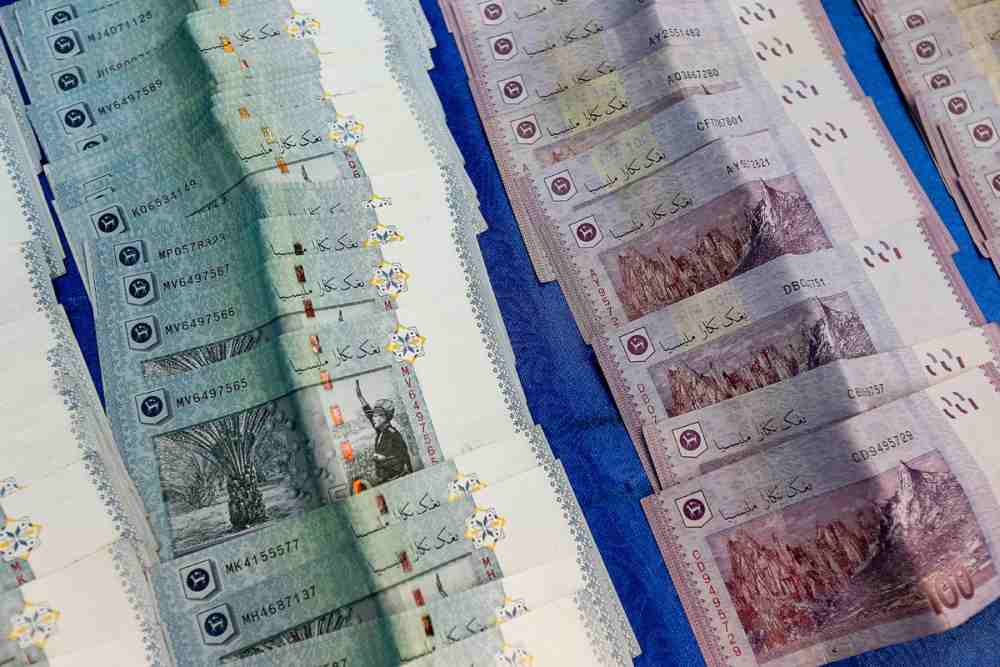KUALA LUMPUR, Dec 14 — The ringgit is expected to remain stable next week despite headwinds and unpredictable external variables in the global financial markets, said an economist.
IQI Global chief economist Shan Saeed said news that the US had agreed in principle to the terms of a “phase one” trade deal with China would keep investors in a vigilant mode.
“The ringgit has maintained structural stability in the wake of a currency war which was commenced by the US Federal Reserve in December 2008,” he told Bernama.
The ringgit has been moving within the range of 4.14 to 4.16 against the US dollar, following by the movement of the yuan and oil prices.
Moving forward, Shan said, the local note’s movement in 2020 would be based on endogenous and exogenous variables.
Meanwhile, FXTM market analyst Han Tan said the ringgit was traded mostly within the 4.15 to 4.16 range this week, before news of US President Donald Trump signing off on a US-China trade deal sent the ringgit towards the 4.14 mark.
“Despite the lower-than-expected October industrial production data, the local currency was able to gain about 0.5 per cent against the greenback for the week as the ringgit rode on the surge in risk appetite,” he said.
However, Tan said, Asian currencies posted a loss against the pound for the period, as the sterling soared following the UK elections results which pointed to a surer path ahead for Brexit.
The ringgit ended the week sharply higher against the greenback at 4.1335/1355 from 4.1580/1610 on the previous Friday.
Meanwhile, the local currency was traded mixed against a basket of other major currencies.
On a Friday-to-Friday basis, the ringgit rose against the Singapore dollar to 3.0566/0586 from 3.0571/0605 and appreciated to 3.7694/7722 vis-a-vis the yen from 3.8284/8315.
However, the local note fell versus the euro to 4.6208/6247 from 4.6137/6179 and eased against the pound to 5.5443/5486 compared with 5.4570/4613 previously. — Bernama






















